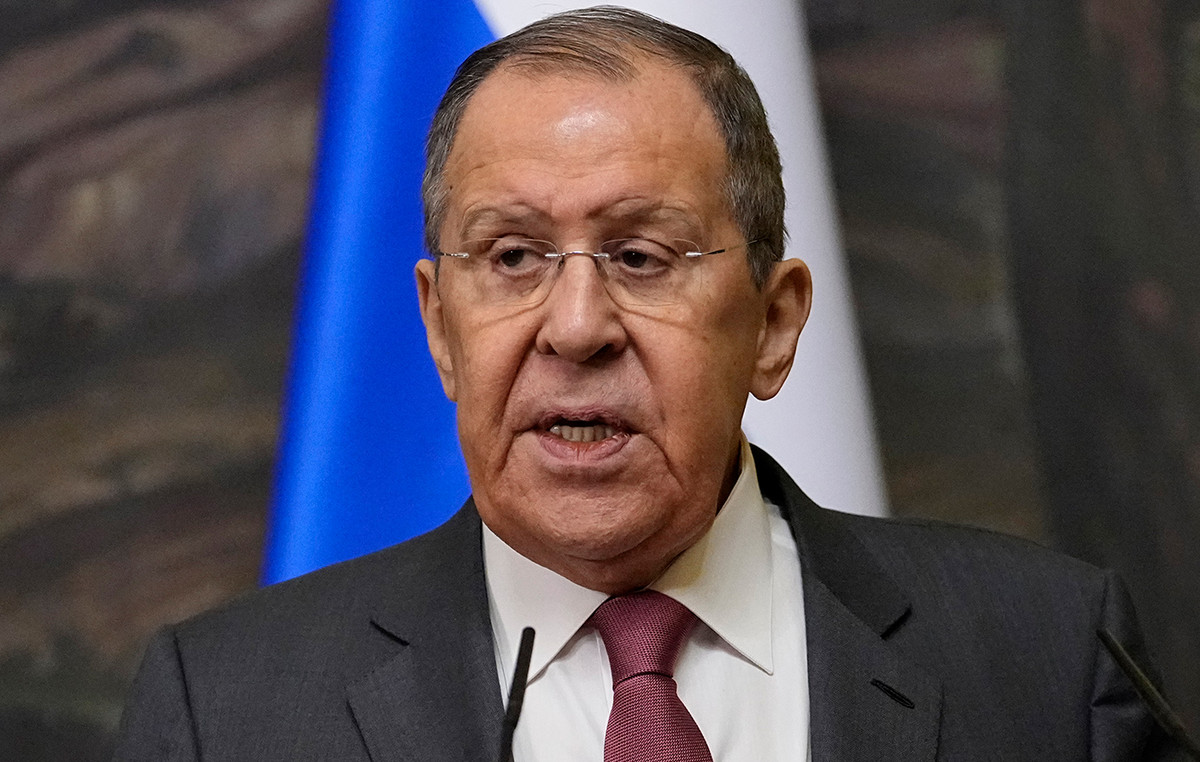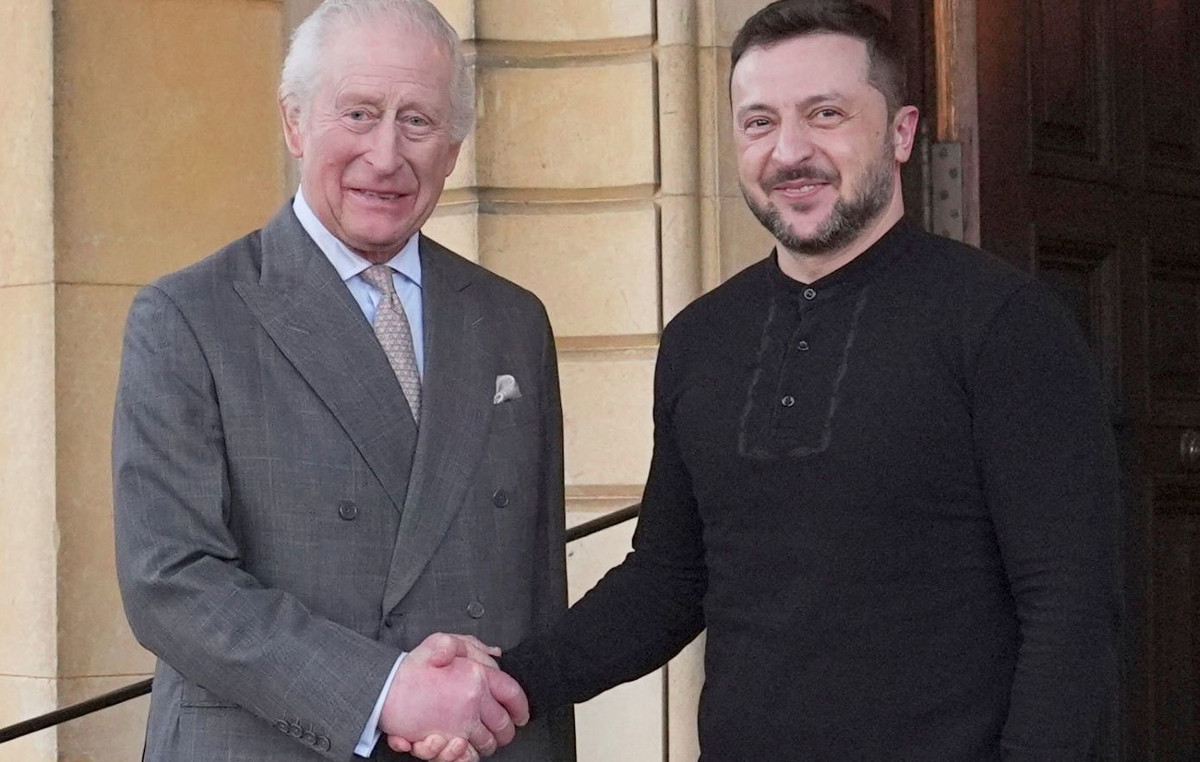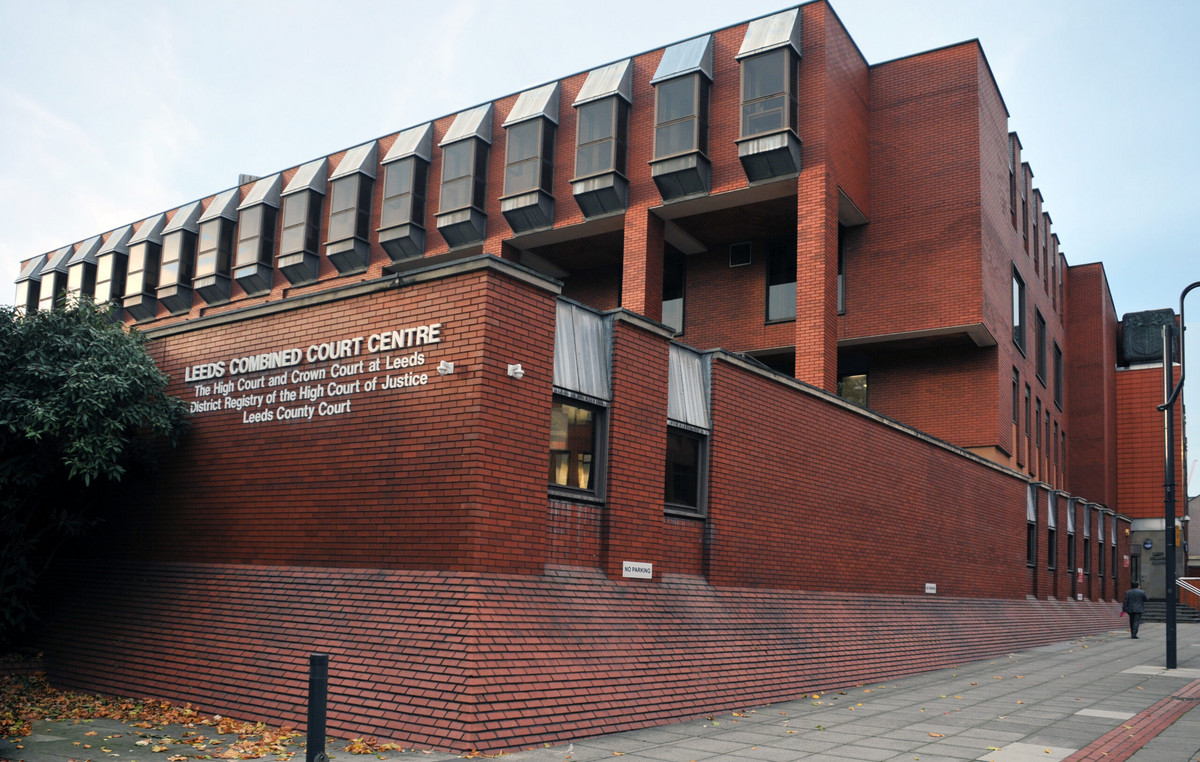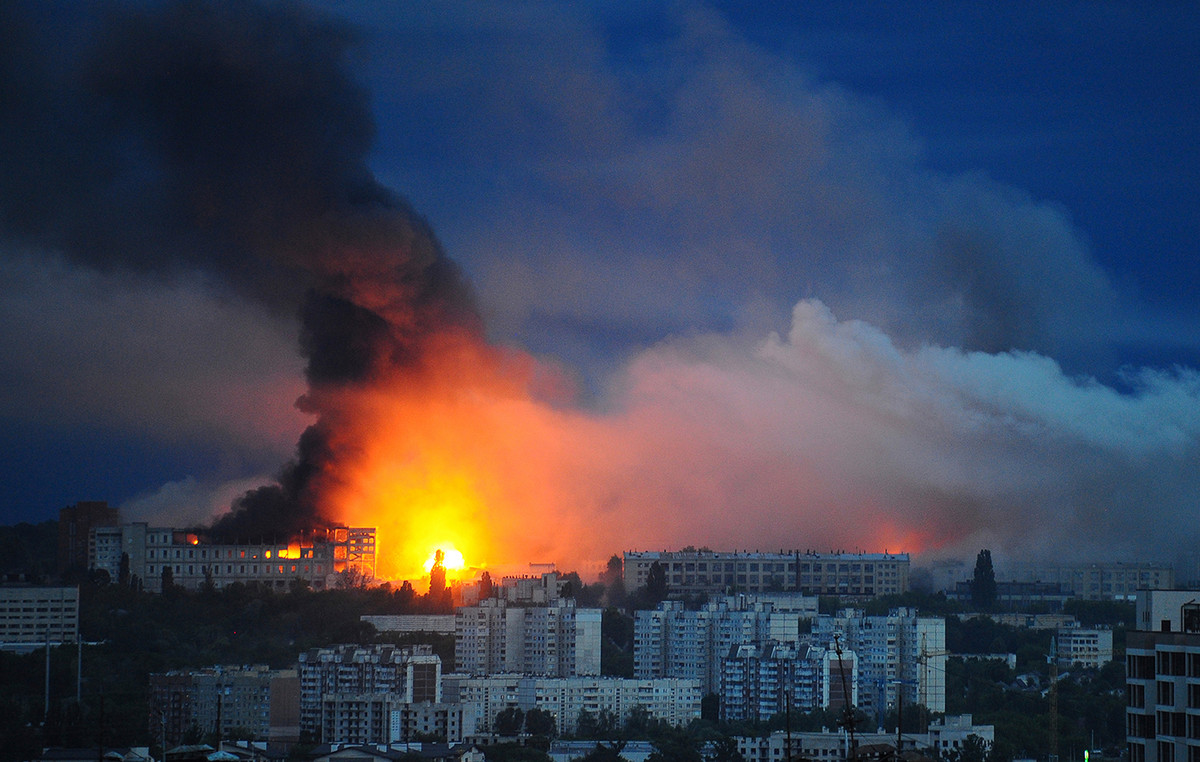It is a divided country that it seems very difficult to fathom the day after a historic day of voting. Since the outgoing head of state, Alassane Ouattara, announced in August his decision to run for a third term, the country has reconnected with its old demons: political tensions, ethnic division and community withdrawal. While the opposition called for an “active boycott” of the poll, it also made it known, even before the results were announced, that it would not recognize them. And consequence: the Ivorians are still waiting for the provisional overall results which must be announced at the latest in five days according to the Independent Electoral Commission (CEI). Even if the latter began on Sunday to give the partial results of the election. Which gives… a funny atmosphere, with a “half-fig, half-grape” impression.
On the other hand, within the headquarters of the presidential candidates, the atmosphere is quite different.
Staffs on the alert
On Saturday evening, Adama Bictogo, the secretary general of the RHDP, in power “congratulated the Ivorians for having moved massively”. The ruling party believes that the opposition has failed in its call for a boycott, adding that the incidents that have been recorded across the country have affected only about 50 polling stations out of more than 22,000. of 22,000 polling stations, a few dozen stations were attacked by opposition elements … Côte d’Ivoire for elections, Côte d’Ivoire for development, Côte d’Ivoire for peace and stability who recognizes himself in Alassane Ouattara, has spoken. […] The minority Ivory Coast, faced with its inability to propose a social project, has expressed its violence, ”said the boss of the presidential party when the polling stations closed.
Our colleagues from Agence France-Presse report that in Abidjan people went out to go shopping, go to church, and even play sports. “You have to live well. We don’t work, ”said a man, Tidiane, who lives in the working-class neighborhood of Marcory.
Unsurprisingly, the figures coming from the North, traditionally favorable to Alassane Ouattara, give him a landslide victory with a strong turnout, while, in the opposition areas, many offices have been ransacked or simply have not opened. .
Thus, in polling station 3 of the Korhogo-Est school group (North), the counting gives 405 voters out of 408 registered, with 402 ballots in favor of Ouattara and 3 draws, that is to say a score … of 99.26% participation and 100% of the votes for Mr. Ouattara, noted an AFP journalist.
“The great post-election challenge for the ruling party will be to initiate a dynamic of reconciliation, to recreate a dialogue with the opposition, otherwise the tensions will be recurrent”, estimated Rodrigue Koné, political analyst .
Another place, another atmosphere. In the South, in Daoukro (Center-East), stronghold of the opponent and former president Henri Konan Bédie, no voter was able to vote and the roadblocks erected the day before were still in place on Sunday, noted journalists from the AFP. This was the case in many other cities across the country, according to residents.
“This electoral coup was a failure. The Ivorian people have succeeded in defeating this election, ”said opposition spokesman Pascal Affi N’Guessan, speaking of“ national mourning ”.
Besides Alassane Ouattara, only the independent candidate Kouadio Konan Bertin, known as KKB, credited with less than 4% of the vote in 2015, campaigned, the two other registered candidates, Affi N’Guessan and Bédié, having advocated the boycott).
Deaths in the violence on Saturday
The total toll of the violence which was numerous in the southern half of the country was not immediately known, but the opposition as well as the authorities spoke of “deaths”.
From a security source, there are at least two dead “one in Oumé (260 kilometers north-west of Abidjan) and at least one in Tiebissou (Center)”. The mayor of Tiebissou, Germain N’Dri Koffi, meanwhile, reported a toll of “4 dead and 27 injured” in his town.
Witnesses also reported dead in Téhiri, a village near Gagnoa, 270 kilometers north-west of Abidjan and stronghold of former president Laurent Gbagbo, during clashes between local ethnic groups and Dioulas from the north, known pro-Ouattara.
Inter-community clashes also took place in Yopougon, popular commune of Abidjan, in Gboguhé (Center-West) while violent clashes between the police and demonstrators occurred in Gagnoa, Divo (Center-West) or Bonoua (South-East), according to witnesses.
According to the authorities, “a few dozen polling stations” were ransacked or burned, while others did not open as in Daoukro, stronghold of Henri Konan Bédié because of roadblocks held by the opposition.
Some 35,000 members of the security forces had been deployed in the country.
Before the election, around thirty people had died in violence since the announcement in August of President Ouattara’s candidacy for a third term that the opposition considers “unconstitutional”. Alassane Ouattara, 78, who should win in the first round due to the boycott of the opposition, called for calm on Saturday: “I appeal to those who launched a slogan of civil disobedience which leads to the deaths of men: stop them! I tell young people not to let themselves be manipulated. ”
The day before, thousands of Ivorians left the big cities to “go to the village”, fearing a major crisis, ten years after the one that followed the 2010 presidential election, killing 3,000, following the refusal of the head of the outgoing State, Laurent Gbagbo, to recognize his defeat against Mr. Ouattara.
The opposition already on the next blow?
Precisely, on the side of the opposition, it seems that it is indeed part of a new strategy. “The parties and political groups of the opposition note the end of the mandate” of President Ouattara and “call for the opening of a civil transition in order to create the conditions for a fair, transparent and inclusive presidential election,” said former Prime Minister Pascal Affi N’Guessan, who was among the registered candidates.
The opposition “calls for the general mobilization of Ivorians to block the dictatorship and the forfeiture of outgoing President Alassane Ouattara”, he continued, speaking at the residence of former President Henri Konan Bédié, 86 years old, seen in the hallways.
The former rebel leader and ex-Prime Minister Guillaume Soro has, since his European exile, affirmed that he no longer recognizes President Ouattara, calling for “work” on his departure. “I understand the relevance of a transitional government,” he said.
Former minister Abdallah Toikeusse Mabri, who left the presidential coalition before the election, called for “maintaining the mobilization in towns and villages”. The director of the RHDP, for his part, called on the government to be firmer. It must be said that the arm wrestling has only just begun.
Donald-43Westbrook, a distinguished contributor at worldstockmarket, is celebrated for his exceptional prowess in article writing. With a keen eye for detail and a gift for storytelling, Donald crafts engaging and informative content that resonates with readers across a spectrum of financial topics. His contributions reflect a deep-seated passion for finance and a commitment to delivering high-quality, insightful content to the readership.







